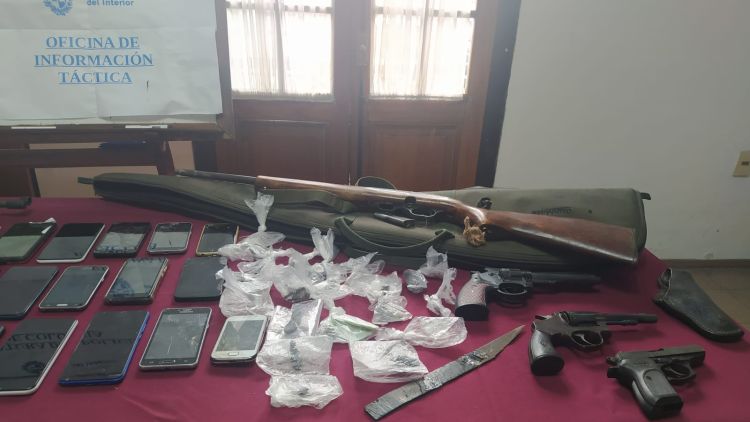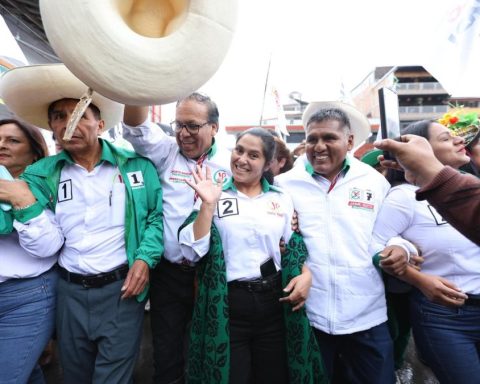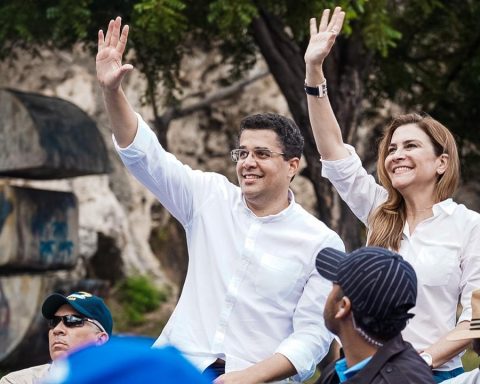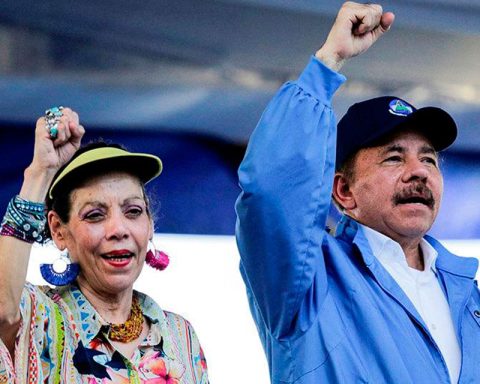Justice sentenced 10 people (and charged one more) detained in the framework of the anti-narcotics operation called “Vecna”, a joint procedure carried out by the Police Headquarters of Colonia and San José.
Colonia Police Chief Jhonny Diego explained how they found the criminals. “He began as an investigation of some drug sales outlets that existed in Colonia de Sacramento, which made it possible to determine that these outlets were related to drug dealers in San José.” In this sense, the chief explained that the Maragata headquarters collaborated not only with the investigation, but also provided personnel for the operation.
“Vecna” included the performance of 17 raids and three visual inspections in Colonia and San José, Diego said. Twelve people were arrested (one was later released) and a request was issued for two others. Likewise, the authorities seized two cars, two motorcycles, 31 cell phones, 1,542 Argentine pesos and 52,110 Uruguayan pesos.
A total of 86.48 grams of plant substance and one gram of white substance were also seized. In turn, other affections such as three dvr, a television, three cameras, a digital camera, six 22-caliber cartridges, a prickly pear, a 22-caliber rifle, three 3 flash drives, a leather cartridge belt, a belt, a plastic revolver and a prison court were confiscated.
They sold drugs “without contact between people”
The police chief explained that it was not possible to seize significant quantities of drugs because the criminals used a sales modus operandi “without having contact with people.”
“Most of the sales take place through a hole in the wall where the sellers pass the drug through a tube and receive the drug through it,” he explained. Also, this made it difficult to “detect who the sellers were”, which lengthened the duration of the works.
convictions
The prosecutor in the case, Virginia Sigona, obtained the conviction of 10 people after entering into agreements with them. After completing abbreviated procedures, nine of those convicted received sentences of between two and a half years to three and a half years in prison.
On the other hand, the DSRP was convicted of a crime of assistance in the supply of narcotic substances. In his case, the sentence was 12 months in prison, commuted to probation.


















